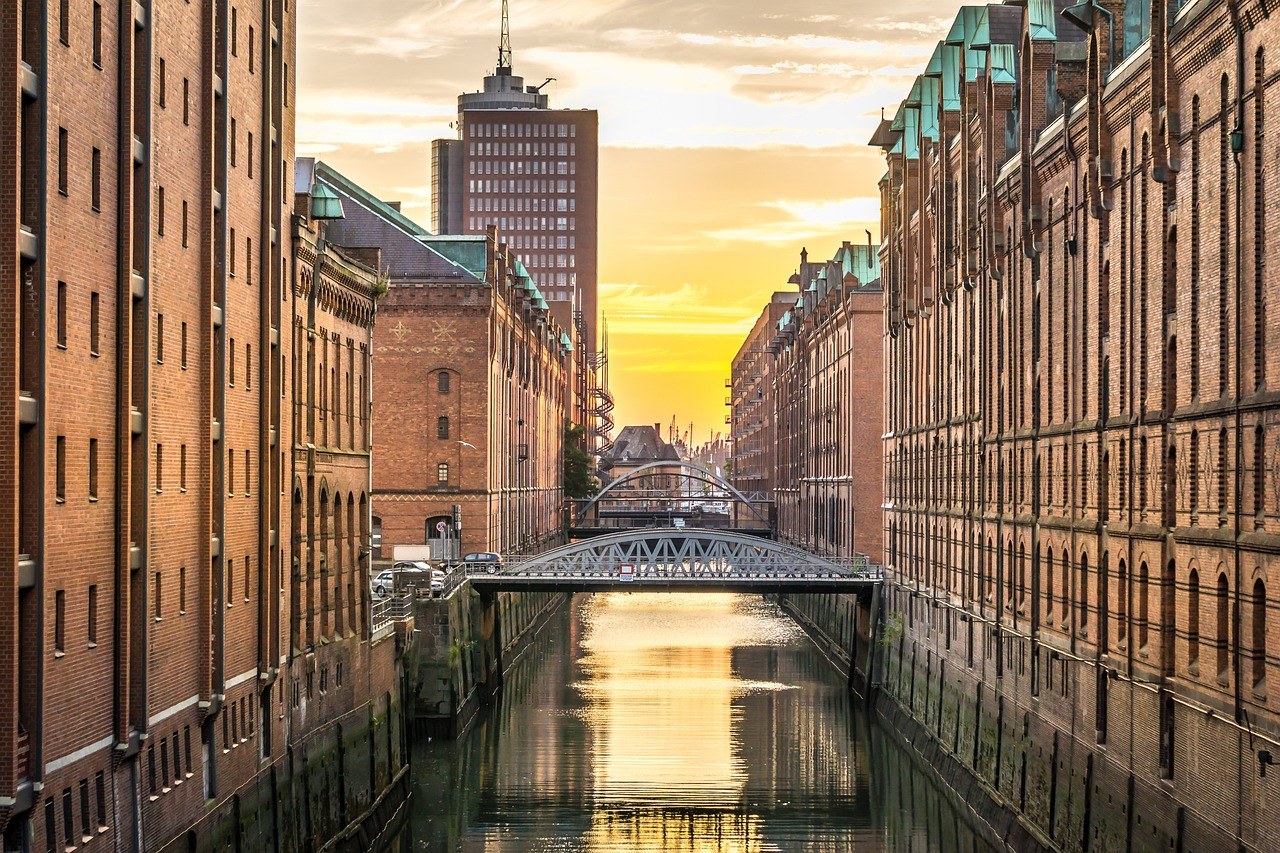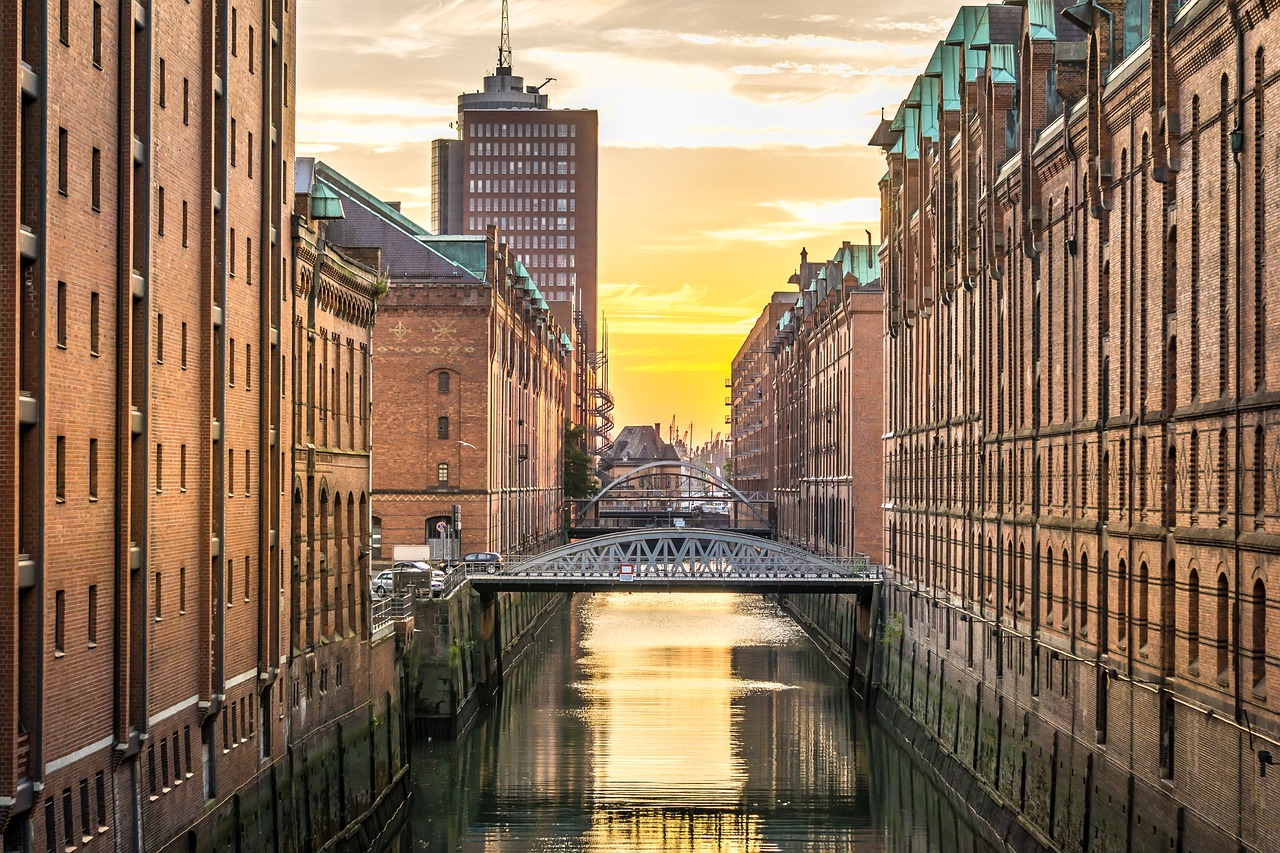Germany Faces Political Crisis Amid Coalition Collapse
As the global gaze remains fixed on Washington, Germany is grappling with a significant political upheaval that threatens its stability and economic future. The coalition government, which has been fraught with internal conflict, has effectively disintegrated, leaving Europe’s largest economy without a clear direction at a crucial time when growth has stalled and uncertainty looms over international relations.
The catalyst for this crisis was Chancellor Olaf Scholz’s decision to dismiss Finance Minister Christian Lindner, leader of the Free Democratic Party (FDP), from his cabinet. This move prompted resignations from two other cabinet members, leading to the collapse of the coalition government.
Scholz now heads a minority government, which allows essential functions to continue but complicates legislative efforts. Without a parliamentary majority, the chancellor faces significant challenges in passing critical legislation, including the 2025 budget, which is due for approval next week.
Scholz has reached out to opposition leader Friedrich Merz to seek support for key initiatives, particularly concerning increased aid for Ukraine—a matter of bipartisan agreement. Their discussions highlight the urgent need for collaboration in light of impending changes in U.S. leadership.
Diverging Economic Strategies and Future Implications
The coalition’s breakdown reflects deeper ideological divides regarding economic strategy in Germany. The Social Democrats and Greens advocate for increased debt to modernize infrastructure and support environmental initiatives, while Lindner’s FDP strongly opposes such measures and favors tax reductions and cuts in social spending.
This ideological clash culminated in recent crisis talks that fell apart when it became evident that neither side could find common ground. Scholz’s public criticism of Lindner marked an unprecedented moment in German politics, revealing frustrations over the lack of compromise.
The call for a vote of confidence on January 15 could pave the way for elections as early as March 2024, significantly ahead of schedule. Opposition parties are pushing for immediate elections due to fears that prolonged instability could empower extremist factions.
Looking Ahead: A Call for Unity
As Germany braces for potential elections, there is a growing consensus on the need for a cohesive government capable of addressing pressing issues like economic stagnation and foreign policy challenges. The prospect of a Trump presidency adds urgency to these discussions, with implications that could affect German economic policies and its role in supporting Ukraine.
Scholz’s administration must navigate this turbulent landscape carefully; failure to establish a stable government may hinder Germany’s ability to respond effectively to both domestic challenges and international pressures. As political tensions mount, it is clear that the coming months will be critical for Germany’s future trajectory within Europe and beyond.


